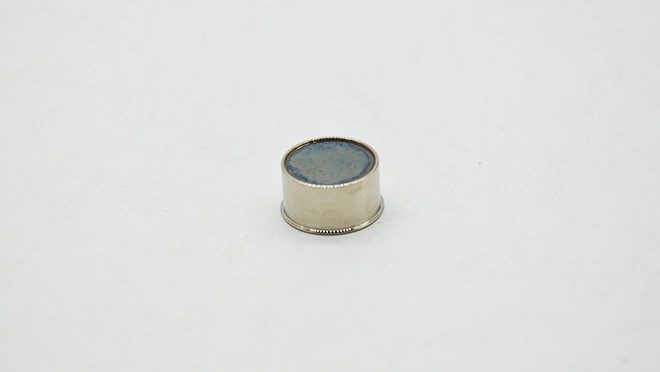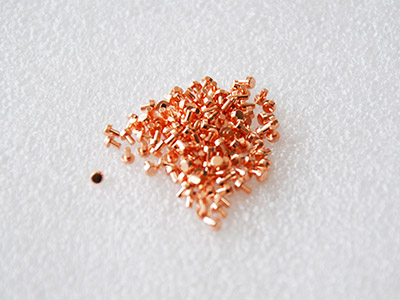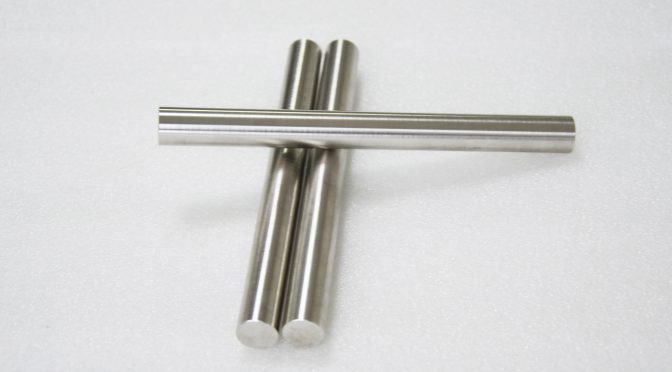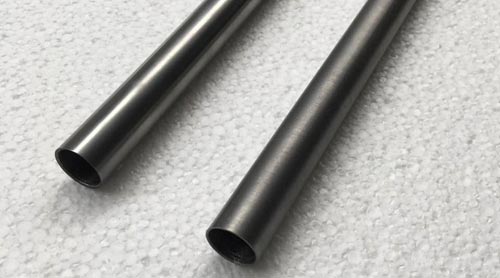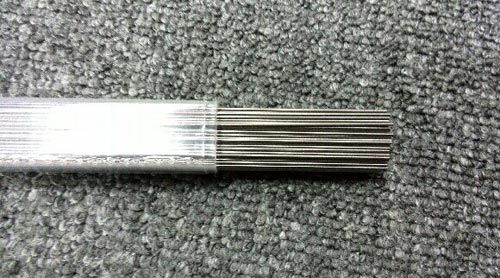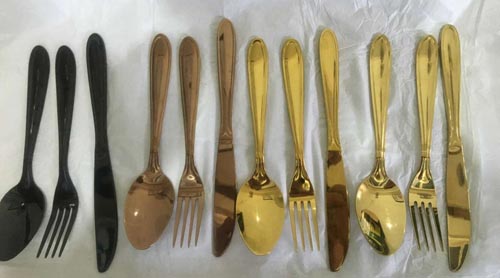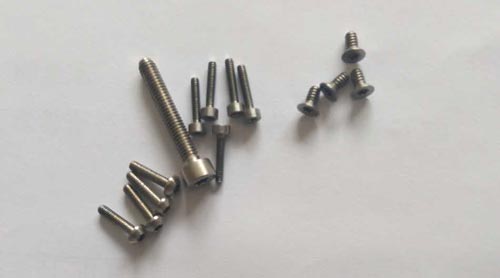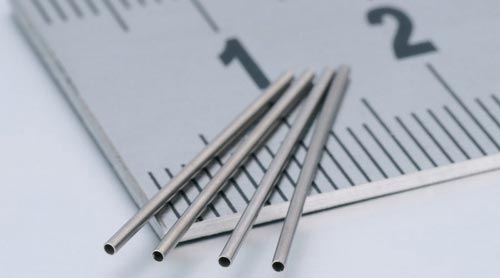Tungsten Copper Bar
Class 10 Tungsten Copper Bar ASTM B702
Tungsten copper bar is a mixture of copper and tungsten. As copper and tungsten are not mutually soluble, the material is composed of distinct particles of one metal dispersed in a matrix of the other one. The microstructure is therefore rather a metal matrix composite instead of a true alloy. The material combines the properties of both metals, resulting in a material that is heat-resistant, ablation-resistant, highly thermally and electrically conductive, and easy to machine.
Typical properties and composition of tungsten copper bar
|
Composition |
Density |
Hardness |
Resistivity |
IACS |
Bending strength |
|
wt. % |
g/cm3≥ |
HB Kgf/mm2≥ |
μΩ.cm≤ |
%≥ |
Mpa≥ |
|
W50/Cu50 |
11.85 |
115 |
3.2 |
54 |
– |
|
W55/Cu45 |
12.30 |
125 |
3.5 |
49 |
– |
|
W60/Cu40 |
12.75 |
140 |
3.7 |
47 |
– |
|
W65/Cu35 |
13.30 |
155 |
3.9 |
44 |
– |
|
W70/Cu30 |
13.80 |
175 |
4.1 |
42 |
790 |
|
W75/Cu25 |
14.50 |
195 |
4.5 |
38 |
885 |
|
W80/Cu20 |
15.15 |
220 |
5.0 |
34 |
980 |
|
W85/Cu15 |
15.90 |
240 |
5.7 |
30 |
1080 |
|
W90/Cu10 |
16.75 |
260 |
6.5 |
27 |
1160 |
Tungsten copper bar Picture:

Application of tungsten copper bar
Tungsten copper bar has a wide range of applications, mainly used to manufacture high-voltage electrical switch contacts and rocket nozzle throat linings, tail rudders and other high-temperature components that are resistant to arc ablation. It is also used as electromachining electrodes, high-temperature moulds and other occasions requiring high electrical conductivity and thermal conductivity.

